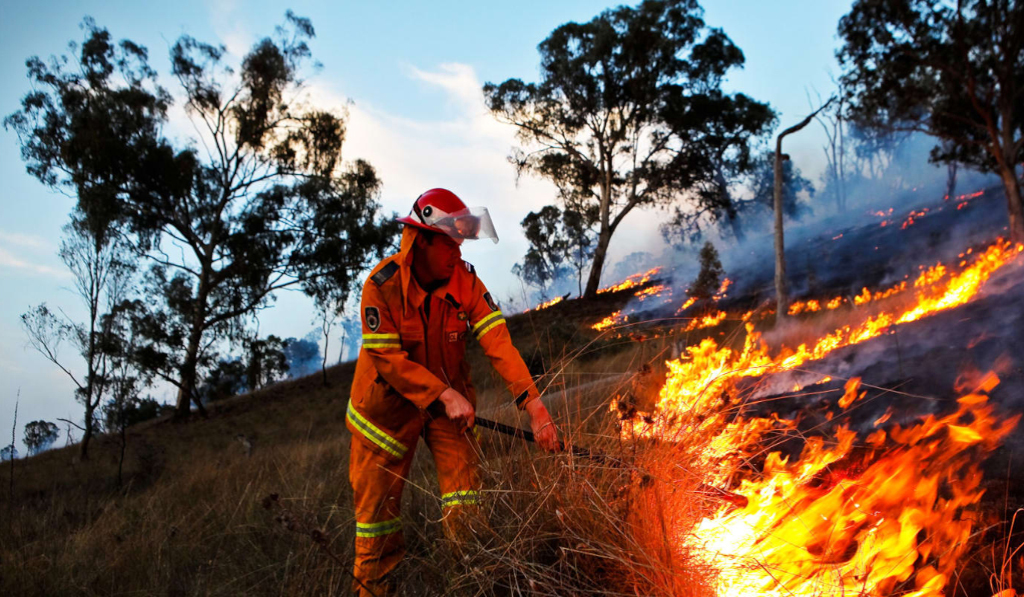
Arson fires: some of the most common reasons
Arson fires: the role of arsonists, economic interests and rescuers
We have now seen several fires that have created various disasters: some of these remain world-famous precisely because of the number of hectares burned, the number of victims or their famous circumstances. It is always a drama that has to be dealt with day after day, although the real question is why these tragedies happen in the first place.
Fires in particular do not always happen naturally. A large part, in fact, are of arson origin. It is then the arid weather or strong winds that spread the terrible work of those who set the flames: but why does this happen? Why is there the desire to burn hectares of forest and put people’s lives at risk? Here are a few theories.
Arsonists who make a spectacle out of tragedy
In many cases, one speaks of arsonists when one especially does not yet know the true and pure reason why a fire was started. Usually, arsonists create fires not only to marvel at the ecological disaster, watching the smoke and flames rise, but also to see the fire brigade’s special emergency vehicle or to admire the Canadair flying over the site. It is therefore a real mental illness that is often inherent in even unsuspected people.
Business interests of local delinquency
One thing that often happens is the interest of certain entities to burn land so as to make it no longer productive for cultivation or to re-grow a forest in that area. Regrowing an entire forest can take up to 30 years and needs much more care given the previously burnt land. This may prompt some municipalities or areas to give up and sell the land, changing it from agricultural to industrial. In addition, burnt land poses a high hydrogeological risk.
Monetary interests of the rescuers themselves
Discovered a couple of times during the history of big fires, sometimes it is the same people who have to save us from fires who set the fires. These are not the firefighters hired on a permanent basis, but sometimes they are volunteers (from associations, even, in some cases) who try to extend their seasonal employment to other months. Others are paid on call, so it is in their interest to receive as many calls as possible before the end of the season.
Fires, of course, can also happen because someone was not careful to put out a cigarette or did not properly extinguish their campfire. However, the large number of fires unfortunately happen for even sadder reasons.


